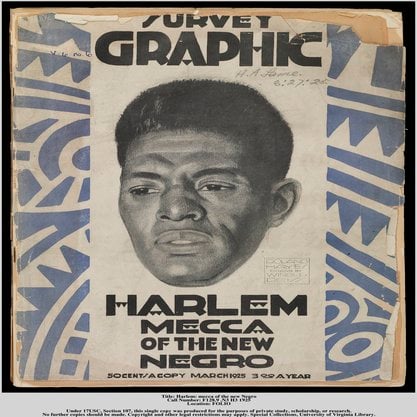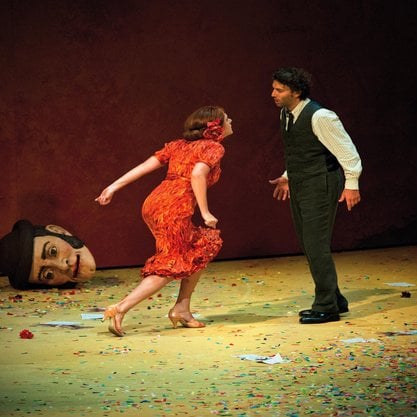Article
Hughes, Langston (1902–1967) By Haddad, Vincent
Article
Langston Hughes was one of the most accomplished, influential writers of the 20th century. Influenced by the inclusive ‘I’ of Walt Whitman and the musical styling of Carl Sandburg, his innovative poetic syncopation of the blues, jazz, and Negro spirituals became an emblem of the Harlem Renaissance, for which his poetry collections The Weary Blues (1926) and Fine Clothes to the Jew (1927) are pioneering texts. Hughes was first and foremost an American writer, in the truest sense of the word: his involvement in the leftist cultural resistance to overthrow racial oppression, along with his immensely popular works in translation, made Hughes hugely significant in Latin America for artists and intellectuals such as Nicolás Guillén and Claude McKay.



